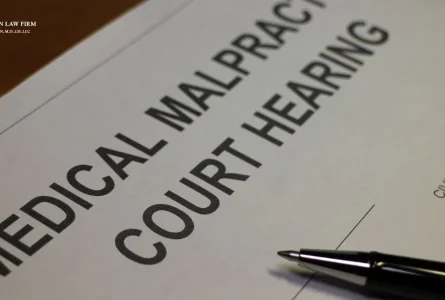Blog
Does Louisiana Have A Medical Malpractice Cap?
Yes, Louisiana does have a medical malpractice cap. It's set at $500,000. That limit's strict. How long have you been…
Louisiana Medical Malpractice Laws – All You Need To Know
Want to learn more about Louisiana Medical Malpractice Laws? What specific part concerns you most? At our firm, we guide…
Lake Charles Car Accident Statistics
Car accidents remain a serious concern in Lake Charles, especially for those who experience serious injuries. With insurance companies doing…
The Hidden Costs of a Car Accident in Louisiana: Beyond Medical Bills
The hidden costs of a car accident in Louisiana go far beyond an initial hospital bill or a repair estimate.…
Understanding the Medical Review Panel Process in Louisiana
In Louisiana, individuals alleging medical malpractice must first present their claims to a Medical Review Panel (MRP) before initiating a…







